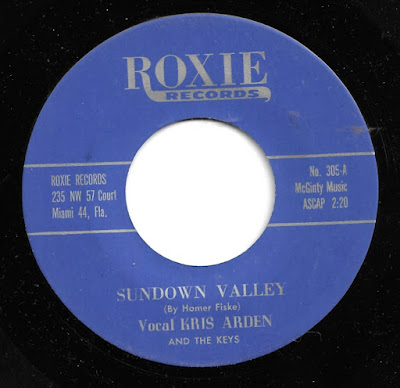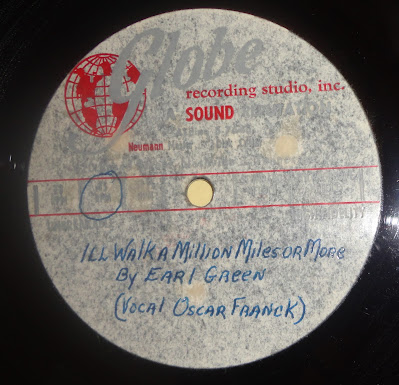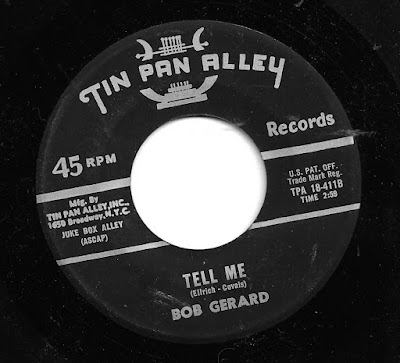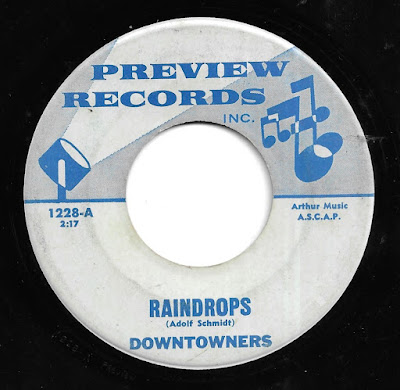Greetings!
I hope everyone is having a lovely holiday season, whatever it is you celebrate or don't celebrate. Here's hoping for a fabulous 2024.
Whatever happens next year, though, it will happen without one of my favorite people in the world. Tommy Smothers died this week, and I want to just say a word or two here. That's because I think The Smothers Brothers - in addition to what they did for the expanding of boundries in television (and for letting Pete Seeger back on the air) - they were, in my opinion, one of the half dozen greatest comedy acts of the 20th century. I'm probably forgetting someone or some team, but I'd put them with Monty Python, The Marx Brothers, Shelley Berman, George Carlin and David Letterman and the staff of "Late Night" on that short list.
And specifically for Tommy, I'd say that I'm not sure anyone ever had better comic timing or a more fully realized comic persona. And he was a hell of a guitar player, too, something that flew under the radar, but of which he was very proud.
My favorite political site, Electoral-Vote.com has a nice write up about Tommy, saying far more than I want to here, and doing it better than could.
Here are my two favorite Smothers Brothers tracks, both of which make my personal all-time favorite top 200 tracks ever recorded: Mediocre Fred and Crabs Walk Sideways.
Also, please keep reading after the song-poem post below, as I am debuting my latest recording, a parody song I've been working on, off and on, for the last seven months or so.
~~
Oddly, the AS/PMA page for this label has the artists reversed, each credited with the wrong side, and that error has made its way onto other discographies, as well. AS/PMA also dates the release to 1962, but this three star non-recommadation ("moderate sales potential") from Billboard says 1961. I was amused to see, a few slots down from that listing, Eddie Holland's "Jamie" - which is a GREAT record and which did chart top 40 pop and top ten R & B - relagated to a very poor two star rating.
Kris Arden's offering, "Sundown Valley" is particularly nice, a country flavored shuffle in which the singer tries to coax a someone special to come back to her hometown, with a few enticing things about the town that they experience together. Kris' vocal is just lovely, the equal (in the song poem world) of a Cara Stewart performance, and that's high praise from me, indeed.
Download: Kris Arden and the Keys - Sundown Valley
Play:
It strikes me that Sammy Marshall's turn, on the flip side, could be considered the answer record to "Sundown Valley", and the fact that both of the songs were written by the same song-poet makes that even more possible, although I have no way of knowing for certain.
Anyway, in "Just Passing Through", Sammy sings of a woman who has fallen in love with him, despite his best efforts to let her know he wasn't going to stick around, which could certainly explain why Kris' man is no longer in "Sundown Valley".
The music here is a little less compelling - I could certainly do without the sax solo, for one thing - but I am a sucker for that pained tone on certain words and notes, something that Sammy excelled at.
Download: Sammy Marshall and the Keys - Just Passing Through
Play:




































